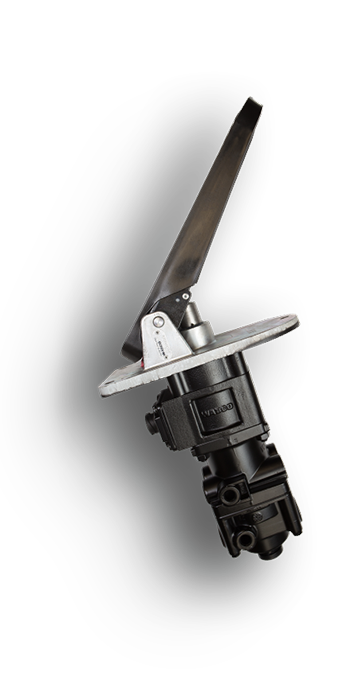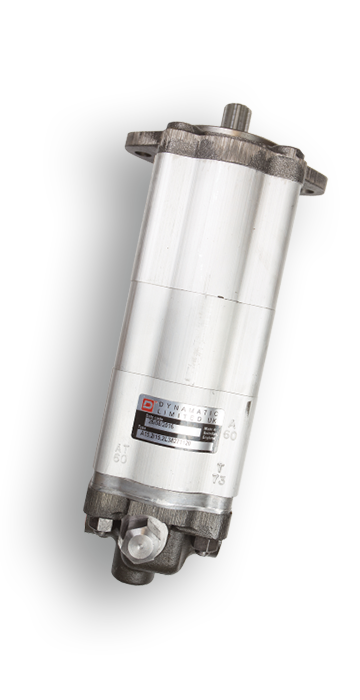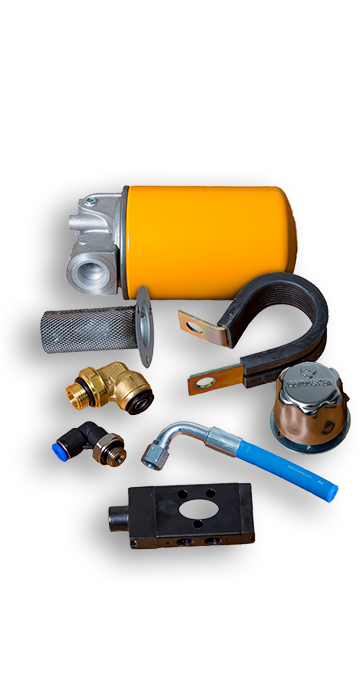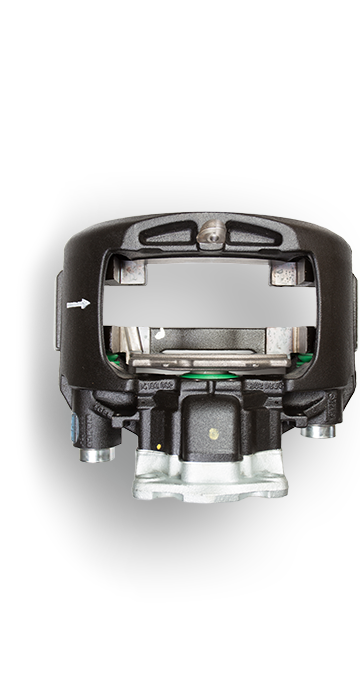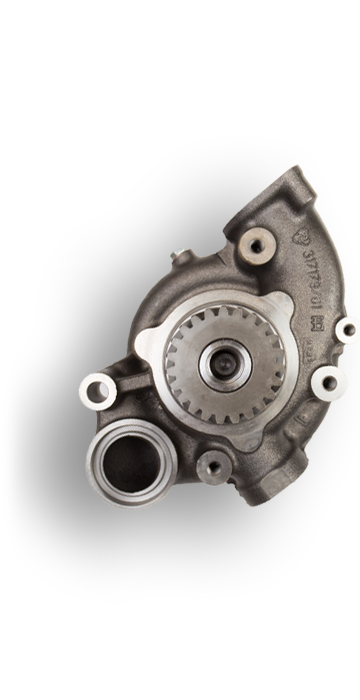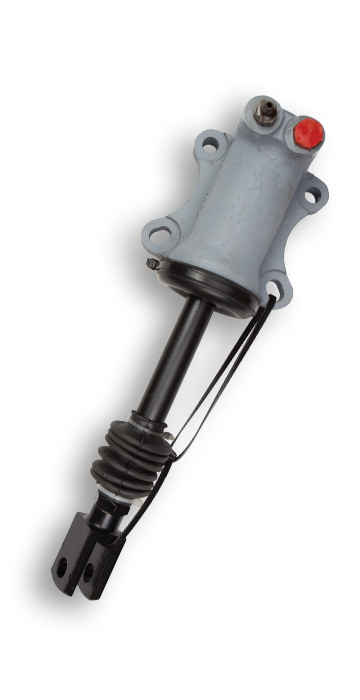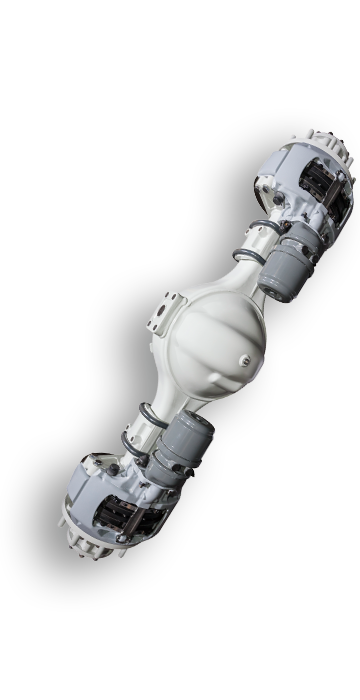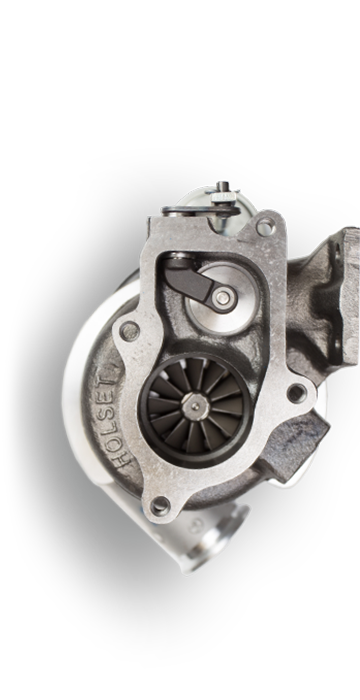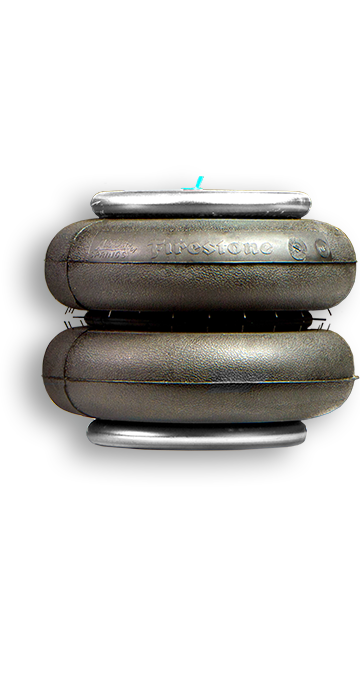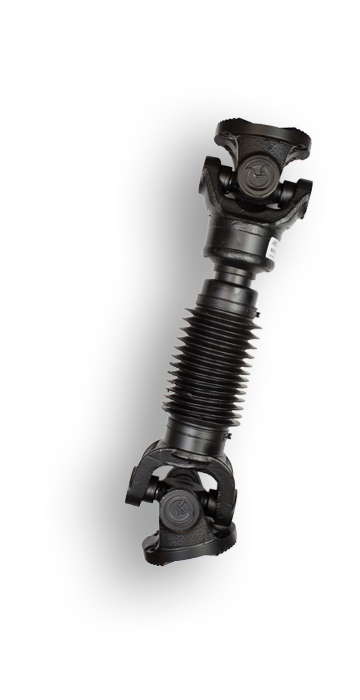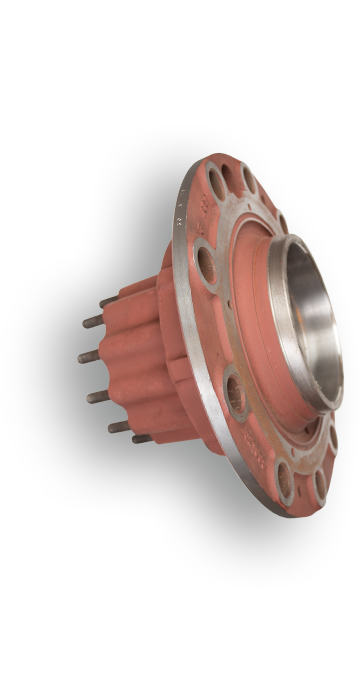Disc brake systems have now become universal on all modern buses operating throughout the UK and three OEM suppliers – Knorr Bremse, Meritor and Wabco – dominate the market. In terms of application, Volvo buses exclusively fit Meritor, while ADL, Mercedes-Benz, Optare, Scania, VDL/DAF and Wrightbus use either Knorr-Bremse or Wabco systems. Because buses typically operate to very high duty cycles and run at low speeds in city centres, considerable demand is placed on the disc brakes fitted to these vehicles, so they demand regular inspection and maintenance.
As an OEM bus parts supplier, Imperial Engineering works closely with all the UK’s bus operators and over the past few years we have seen a marked increase in demand for replacement disc brake components including calipers, rotors and brake pads. This is despite the fact that items such as calipers are designed to last the typical 15-year lifetime of a vehicle, providing they are properly inspected and cared for.
However, we have seen an increasing number of operators needing to replace calipers much earlier than their intended service life. Concerned that this is causing our customers unnecessary expense, we have investigated early caliper failure in detail and have found that water ingress leading to caliper failure is a common problem affecting all the OEM braking brands. Typically, water ingress only occurs when the brake calipers have been removed for service or inspection and there are issues with refitting, resulting in incorrect caliper reassembly and adjuster caps not being fitted properly. All calipers have access to an external adjuster nut protected by a watertight cap to prevent water ingress. Not replacing the caps causes water ingress and we are seeing failed calipers being returned with clear evidence that this is the root cause of problem.
Other issues are when refitting brake chambers and spring brakes across all three caliper brands of calipers include uneven tightening of the fasteners that form a seal between the caliper and brake chamber. The simple way to avoid this is to follow best practice by tightening up both retaining nuts equally and then use a torque wrench to apply the bus or axle manufacturer’s recommended tightening force, which is typically 180 Nm, to ensure a watertight seal between the caliper and chamber.
A third common problem is damaged tappet boots not being identified and replaced, which again can also lead to water ingress and premature caliper failure.
All these issues can be easily overcome by providing technicians with training on the correct methods of disc brake system inspection and maintenance. The brake manufacturers also offer a wealth of information about maintaining their systems, as well as handy brake inspection tools such as those recently introduced by Knorr-Bremse.
Imperial Engineering has a wealth of disc brake system knowledge and is pleased to support operators with technical advice and guidance. For further information, please call 01992 634255 or email enquiries@imperialengineering.co.uk.

